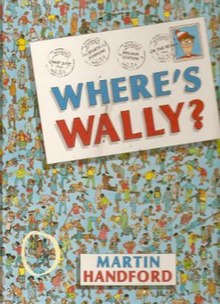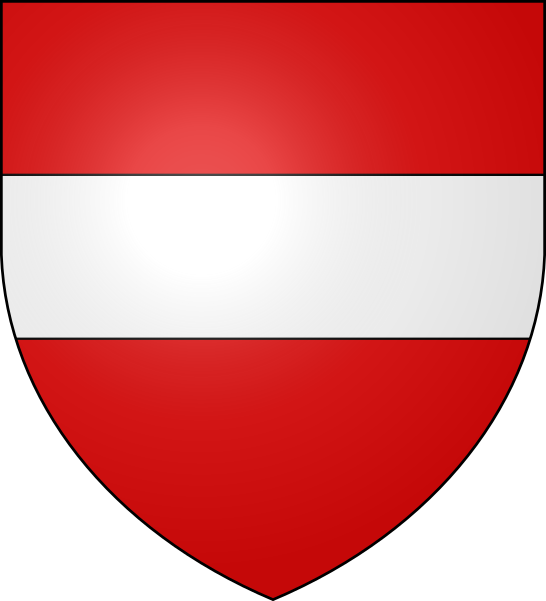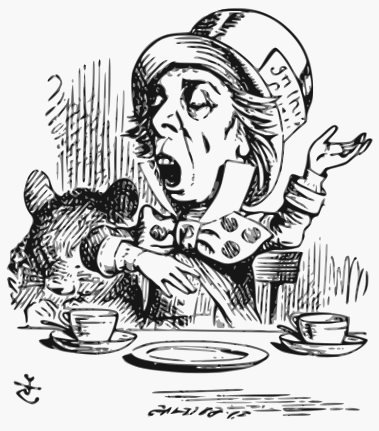Oh yes you do: a diple is one of these: <
Sadly, it's not pronounced DI-pl, but DIPPlee.
I've only really come across the diple in maths, when it means is smaller than (eg 3<4), and sheet music, when it means make this note extra loud, but the diple has a long history. Sometimes it has been used of being used to draw attention to important bits of text, sometimes to serve as a sort of paragraph mark, and sometimes as the ancestor of the speech mark. (Speech marks are still sometimes nearly the same shape as a diple, especially in French).
The diple periestigmene:
or dotted diple was especially useful because it was used to mark dubious passages.
Good grief, we could certainly do with the dotted diple nowadays, couldn't we.
Bring back the dotted diple!
>. >. >. >. >. >.
Thing To Regret Not Being Able To Use Today: a diple, especially a dotted one. The word diple is the Ancient Greek word for double, because the sign is made up of two lines. It's sometimes also called an antilambda because it looks like a Greek capital letter lambda Λ turned on its side.

































